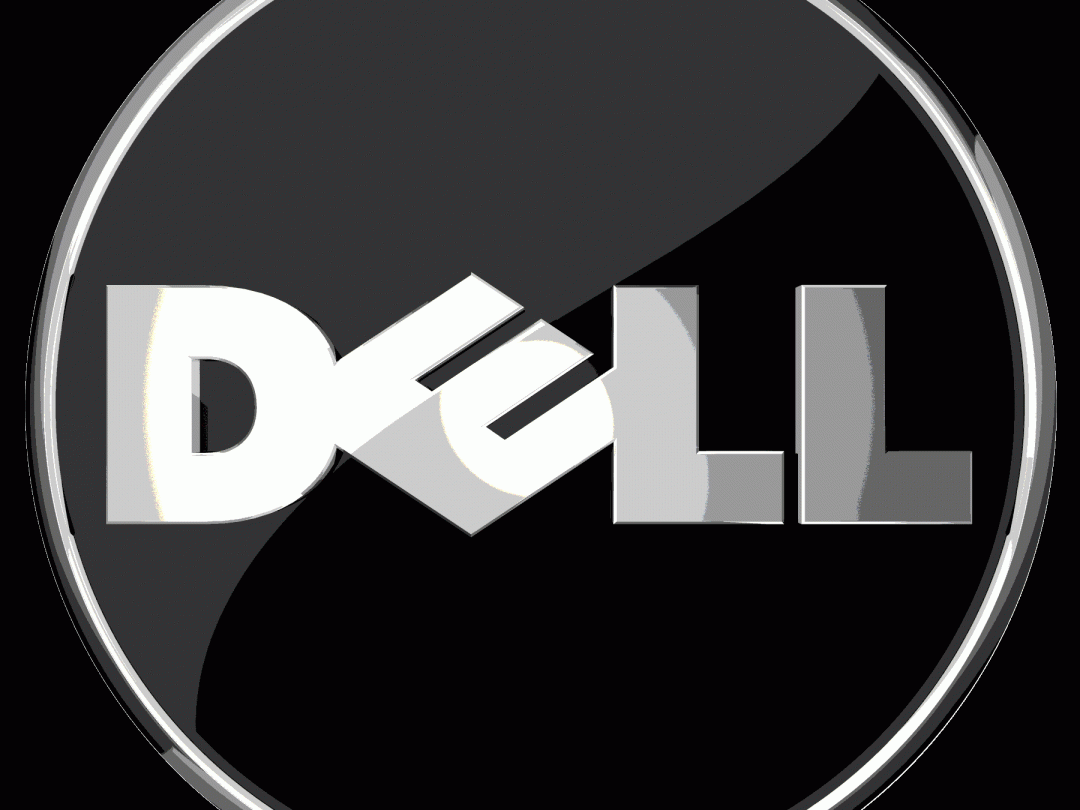Dell to Launch New Windows 8 Tablets in Late 2013
Dell is exploring numerous tablet sizes, but the first wave will likely be 10 inches and larger.
Steve Lalla, vice president and general manager of mobile products and solutions at Dell, said in an interview that the company is planning to launch new Windows 8 tablets later this year. He said there is a potential that some of these devices will sport screens larger than 10 inches, and will succeed Dell's current tablet portfolio.
Currently, Dell only offers two Windows 8 models here in the States: the Snapdragon-based XPS 10 with Windows RT starting at $449, and the Atom-based Latitude 10 with Windows 8 Pro starting at $499. Prior to those, Dell's initial tablet portfolio failed to gain any traction, consisting of the 5 inch, 7 inch and 10 inch Android-based Dell Streak models. The first two were discontinued in 2011, whereas the 10 inch model is still selling in China.
Dell's failed attempt to enter the sub-10-inch tablet market preceded the launch of Amazon's Kindle Fire (11/11) and Google's Nexus 7 (7/12), both of which ignited consumer demand for the 7 inch tablet market. Not only are their prices low and their overall form factors easy to hold, but they're backed by content and services like Amazon Instant Video, Amazon Appstore, Google Play and more. Without a two-year contract, the 7 inch Dell Streak 7 cost $450 before it was discontinued.
Thanks to its prior experience with the Streak tablets, Dell is now focusing on 10 inch models or larger. However, Lalla admits that the company is "exploring" different sizes, meaning there's a possibility that the company may return to the 7 inch tablet market now that even Apple is feeling the heat by selling an iPad Mini.
Lalla indicated that the company will continue to work with ARM partners even though Windows RT hasn't been well-received. As indicated above, Dell recently cut $50 off the starting price of its XPS 10 tablet, now available with Windows RT and 32 GB of storage for $449. However, Dell's upcoming refresh may focus on Intel's upcoming Atom tablet processor, codenamed Bay Trail, slated for a 4Q13 release, just in time for the holidays.
Dell will also continue to focus on the BYOD (bring your own device) market, meaning these tablets can easily be used at home and at work without any security hassles. The company is shooting to provide better remote management, cloud and encryption features, he said.
Contact Us for News Tips, Corrections and Feedback
Get Tom's Hardware's best news and in-depth reviews, straight to your inbox.

Kevin Parrish has over a decade of experience as a writer, editor, and product tester. His work focused on computer hardware, networking equipment, smartphones, tablets, gaming consoles, and other internet-connected devices. His work has appeared in Tom's Hardware, Tom's Guide, Maximum PC, Digital Trends, Android Authority, How-To Geek, Lifewire, and others.
-
janetonly42 It is a known fact MS just recently "loaned" Dell millions. Dell is now officially Microsoft's bitch.Reply -
d_kuhn We're evaluating the Surface Pro's... my only complaint is that I wish the screen was bigger/higher res. Other than that it's fantastic... Maybe Dell will think beyond 'me too' and whip up a high end full Win8 tablet. Until someone does that, I'm turning my ultrabook back in to IT and going with a Surface Pro for an ultralight (still have a 17" 'workstation' class laptop for heavy lifting). Having played around with a number of the lower capabability tablets (lower as in less processing power, simpler OS... media consumption devices) I can say that the Pro is a MUCH better fit for me (as a content creater more than a consumer).Reply -
dimar Anything that's not a desktop or laptop PC shouldn't even be call Windows. PC users should sue Microsoft.Reply
-
martijnpeterson Well i want to some more info also. A friend of me has a Windows 8 tablet but it's pretty slow. I hope the new ones will be better...Reply -
groundhogdaze I'm wanting the XPS 18 also. I hope it isn't too niche for Joe Average. If we can swap out the memory and the hard drive, I'd line up for one.Reply
